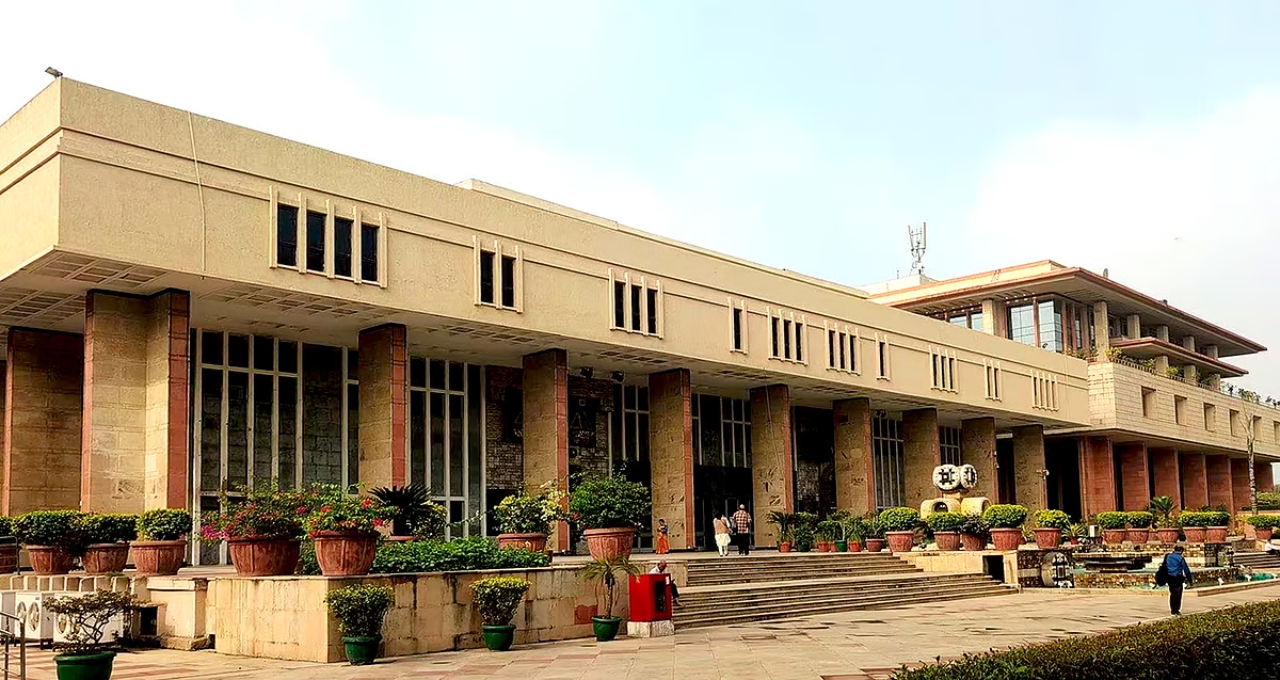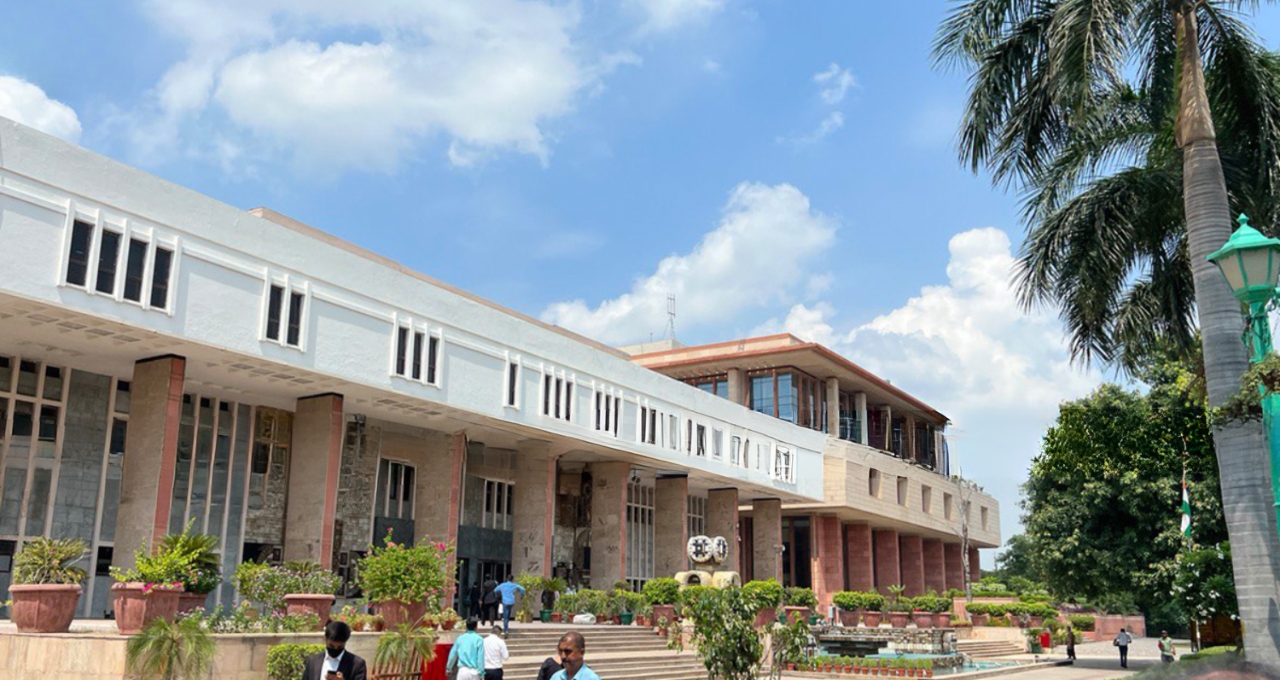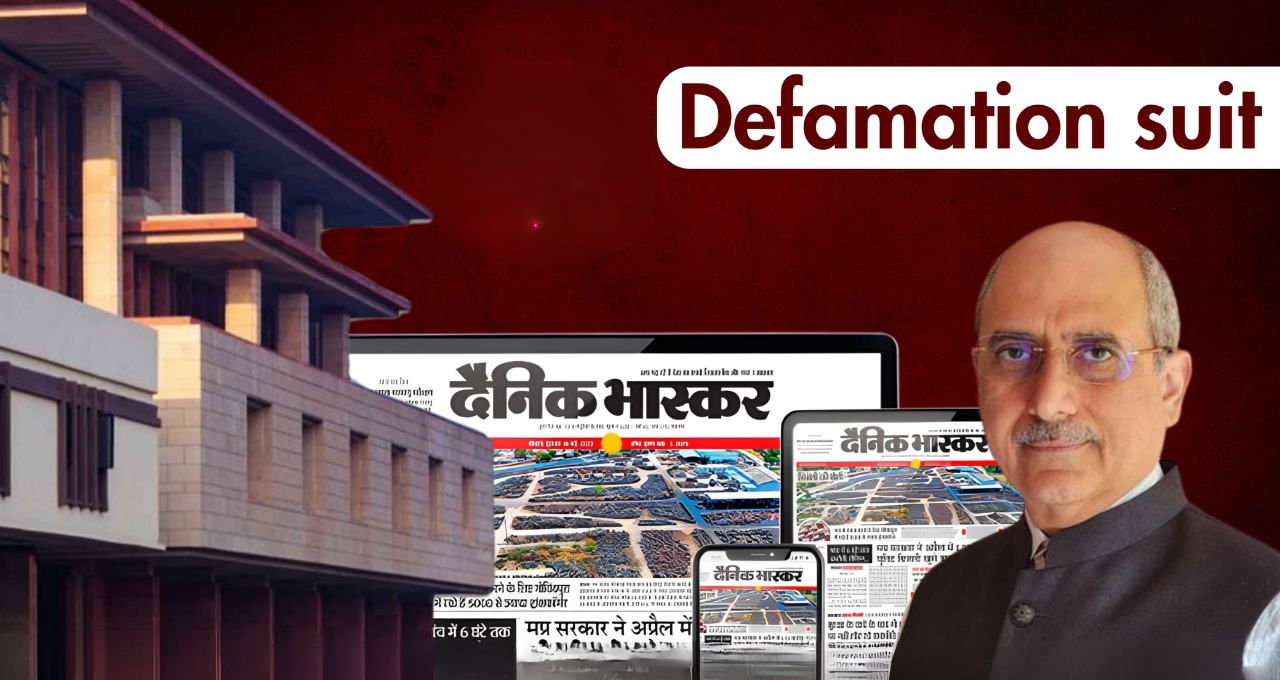In a recent development that has garnered attention across the media landscape, the Delhi High Court resolved a defamation case filed by Senior Advocate and BJP spokesperson Nalin Kohli, after an agreement was reached between him and the publisher of Dainik Bhaskar.
A Journey Toward Justice
The Delhi High Court proceedings shed light on the far-reaching consequences of media misrepresentation and the impact it can have on an individual’s reputation. Kohli had accused the publication of irresponsibly linking his image and name to a campaign involving the creation and circulation of fake news aimed at maligning political figures like Rahul Gandhi, Sonia Gandhi, and the late Dr. Manmohan Singh.

The Resolution
Meanwhile, the defence, representing Dainik Bhaskar and its journalists, informed the Delhi High Court that the matter had been resolved amicably. The media house agreed to modify the contentious video, removing Kohli’s photograph and any references to his name.
They also committed to deleting Kohli’s name from the associated article. Additionally, Dainik Bhaskar promised to publish a prominent corrigendum in both Hindi and English on its official website and social media handles, including its X (formerly Twitter) profile.
The Court’s Role in Ensuring Accountability
Justice Manmeet Pritam Singh Arora, who presided over the case, took note of the undertakings provided by both parties and recorded them officially. The court disposed of the suit, ensuring that the defendants would be held accountable for their commitments.
Furthermore, the Delhi High Court issued an order that one of the named defendants, who had since resigned from the publication, had already removed the disputed content from his X handle. He was also restrained from reposting the content in any form.
A New Chapter of Amicable Resolution

The resolution of this case is a testament to the importance of open dialogue and mutual understanding in resolving legal disputes. Instead of lengthy court battles, the parties involved were able to come to an agreement that addressed the harm caused while maintaining the integrity of the judicial process.
Disclaimer: The views expressed in this article are based on the available reports and legal proceedings. The information provided is for general informational purposes only and should not be construed as legal advice. For any legal concerns or advice, individuals should consult a qualified legal professional.
Also Read;
When Law and Love Unite: Supreme Court Applauds Piplantri Tree Tradition
Evolution and Scope of Administrative Law
Supreme Court Slams Overpriced Lawyers: Justice Must Be Accessible to All






